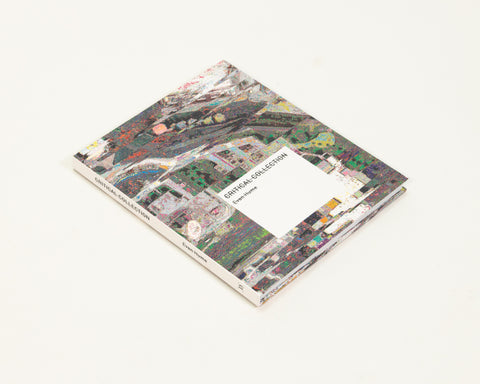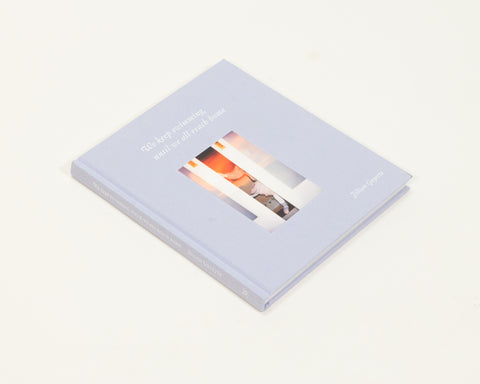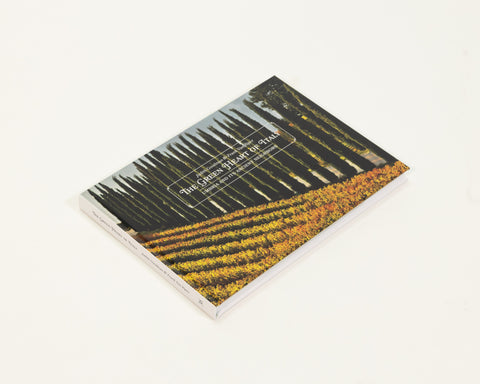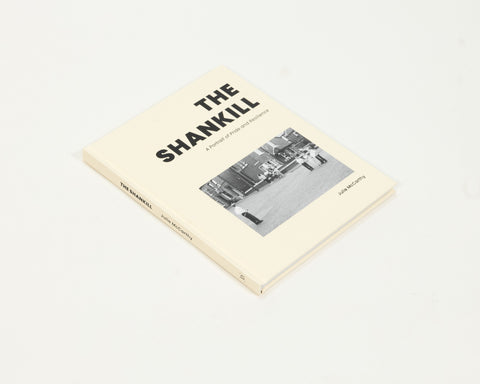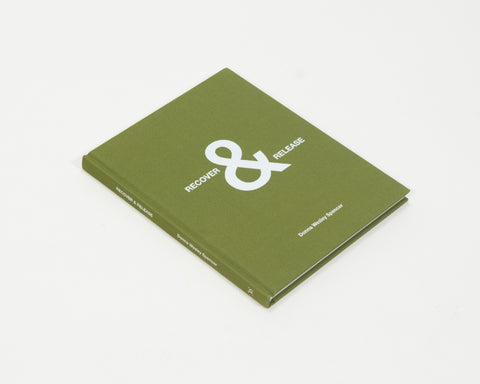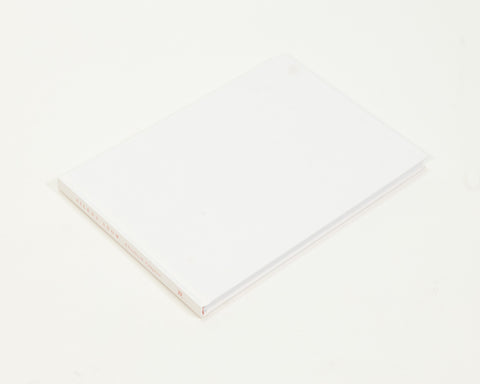“If it weren't for my mother-in-law calling the police I wouldn't be here now,” caption. Photograph by Ula Wiznerowicz
Here, Then, An Elegy of Sorts
“I must say, I encountered the most moving experiences on this project when I took part in a series of addiction therapy sessions organized regularly at this hospital in Radziejow. After a series of visits to the clinic, as I closed the hospital doors behind me and looked back at the looming silhouette of the grey building, I became aware that most of the families of the people I had met here had no idea how to help alcoholics.”
Ula Wiznerowicz, a finalist in Daylight Magazine’s 2012 photo contest, creates images for her Behind the Curtain series that utilize a palette of twilight, soft and flickering, as sleep or disappearance. These color and tonality choices beautifully intersect with the starkness of both the literal and implied content of a quietly powerful body of work that presents an interior view of the disease of alcoholism through direct portraits of faces and homes.
A native of a small Polish village of 120 inhabitants, Wiznerowicz had been living in the United Kingdom for seven years and thinking about this project idea, when she decided to return and try to see her homeland with the perspective of an outsider.
“It was easier for me to start this project. In fact there was no chance I would have thought about it while I was living there...I knew it would be tough, not logistically, but mentally. I was simply scared of bringing up the memories from the time when I lived there as a child and face them now as an adult,” she tells me.
Her project artist statement lists impressions, snapshot images of literalness that stand in for metaphors of the insidiousness of alcoholism. Forgotten and useless things covered in dust; emaciated cats running around searching for leftovers; rooms taken over by spider webs; and the strong odor of alcohol, she writes. Alcoholism—for the alcoholic as well as for everyone within arms’ and heart’s reach—is bits and pieces of gathered and discarded, hoped for and lost, almost and far away. It is one great concession to brokenness.
“Behind the Curtain was my way of trying to understand the lives of my former neighbors, who had either encountered these problems or had struggled with them for many years. I know all of the people in my pictures, their wives, children, the interiors of their homes and the views from their windows. For 15 years I was part of that community and, like the majority of these people, I ignored or accepted without protest the situation around me and the inevitable misery of life in this world.”
Wiznerowicz tethers captions to each of the images in the project, further contextualizing the specifics of each person and place photographed, as well as providing a sense of raw reality that uncomfortably, yet utterly appropriately, rubs up against the softness of the actual imagery. Some caption examples include:
“He's been gone for three hours already. I look out the window and every time a car appears on the horizon I hope it's him. Every day he says he has to go to the shop to buy something like a screw, a washer or a nail. He's just looking for an excuse to get out of the house and go for a drink with someone, saying he'll be back in half an hour.”
“I got used to the piles of junk and clothes scattered around the flat, the dirt and the horrible smell. It was quite dark, the room was engulfed in clouds of cigarette smoke, the cats were running from corner to corner, like crazy, trying to find something to eat. But nobody took any notice and nobody was bothered that I was there, as they opened another bottle of vodka.”
“When he came back from prison he never even said sorry. He doesn't talk to me anymore and he stopped coming over since he finished that bloody house. In court they asked if I forgive him. I said alright, but who will pay for all our grief?”
Wiznerowicz was the juror’s pick by Alexa Dilworth, Publishing Director/Editor at Center for Documentary Studies at Duke University. In her juror’s statement Dilworth writes, “Ula Wiznerowicz’s photographs in Behind the Curtain come together in the way a collection of short stories might, stories woven together to tell a larger story both elusive and straight-up sad and difficult. Ula went back to the place she grew up, Palmowo, Poland, to photograph place, people, and problems—specifically, men and women struggling with alcoholism, either themselves or collaterally. And she was also looking at, thinking about, her own past. As she says, ‘I know all of the people in my pictures, their wives, children, the interiors of their homes, and the views from their windows.’ This understanding is manifest in her pictures. Rather than put a frame around public, more predictably dramatic, portrayals of her subject, she shares with us a private view, an atmosphere, a way of being that she both reveals and creates. The formalism of the photographs plays both against and with the tumult, resignation, and loneliness of these very particular lives lived out in a quiet, slowly disappearing community. I found myself revisiting this world behind curtains over and over. The quotes that accompany the photographs—as spare yet revealing as the images—drew me further into these rooms where people sit, wait, sleep.”
Wiznerowicz tells me about the expanding dimension of using a camera to view and consider such a difficult subject, one that for her is deeply rooted socially, historically, and culturally. She talks about being wealthy “beneath the surface, spiritually.” She continues, “When working to tell a story, photography can make people think, which could lead to action, even if it’s just changing a way of thinking. There is an interaction between the photograph and the viewer. People, particularly Poles, do not like to discuss sensitive or difficult subjects, especially if they are about them. They rather hide them, pretending that they do not exist.”
“I have learned how to listen,” Wiznerowicz says.
And that, perhaps, is one of the wisest statements of self-discovery that could be made relative to a disease like alcoholism.
To view more images from this series, please visit: http://www.ulawiznerowicz.com/
